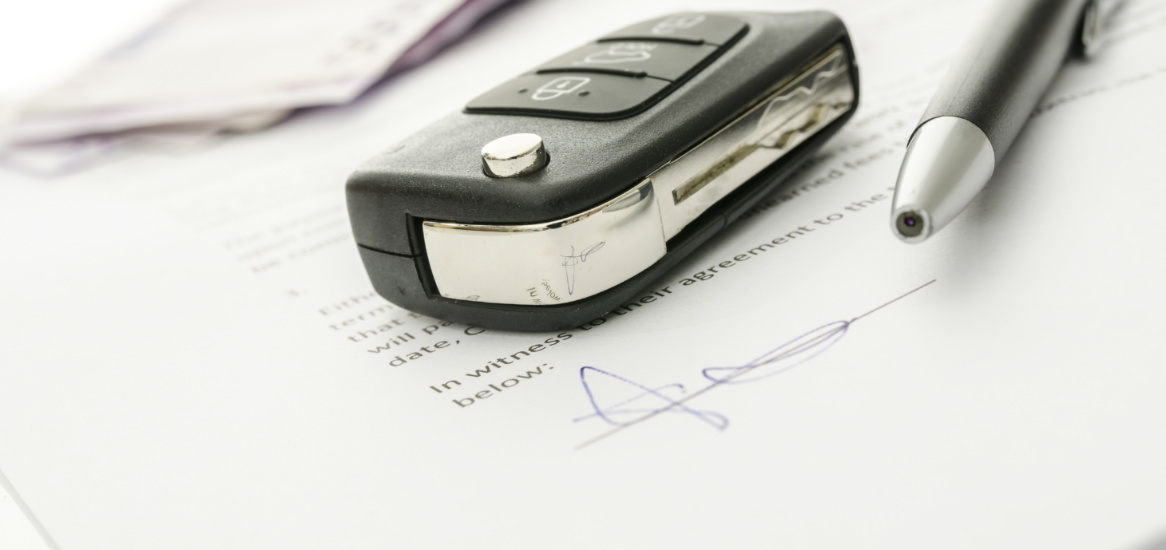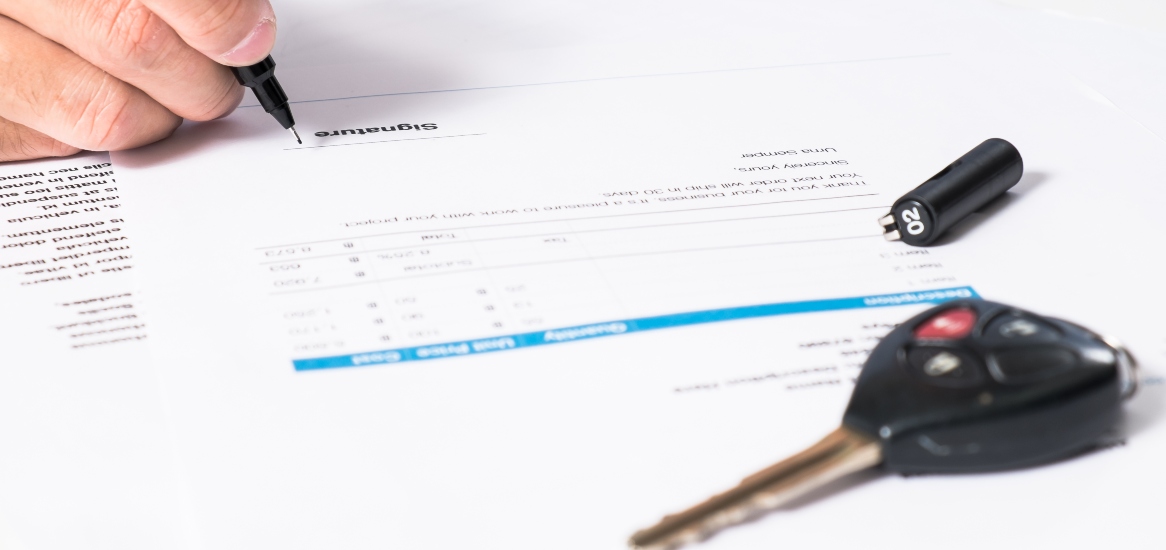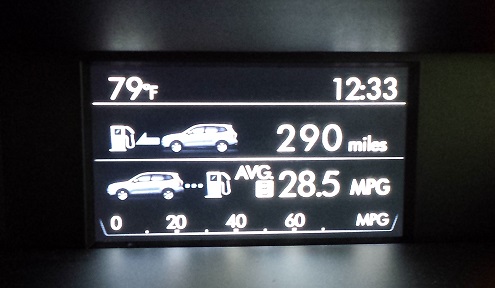What Is Open Title On A Car?
An open title on a car occurs when the seller has signed off on the vehicle’s title but hasn’t specified a buyer. This often happens in private car sales and can lead to complications during the transaction process, potentially creating legal issues for both parties involved. Today, we will find out the concept of an open title, its implications for buying and selling cars, and what steps you can take to avoid or resolve issues related to open titles in car transactions.

What Is An Open Title On A Car?
An open title on a car refers to a situation where the seller signs the title but leaves the buyer’s information blank. This means the ownership of the vehicle hasn’t been formally transferred.
There are a few reasons why this might happen, but it’s generally considered risky and can be illegal. Here’s a quick rundown:
- Risky for the buyer: In the absence of proper paperwork, proving ownership becomes difficult. This can cause problems when registering the car, getting insurance, or even selling it later.
- Potential for fraud: An open title creates an opportunity for “title jumping” where someone sells the car multiple times without ever transferring ownership. This leaves the original seller on the hook if there are any issues with the car.
- Tax issues: In some cases, using an open title might be a way to avoid paying sales tax on a vehicle. This is illegal and can lead to penalties.
Is It Legal To Sell a Car With an Open Title?
No, selling a car with an open title is generally not legal. In most places, it’s illegal for both the buyer and seller.

Here’s why:
- Discourages proper record keeping: Car titles are used to track ownership history. An open title makes it difficult for the Department of Motor Vehicles (DMV) to maintain accurate records.
- Tax avoidance: Some people might use open titles to avoid paying sales tax on a vehicle sale. This is a crime.
- Title Jumping: This is the practice of selling a car with an open title multiple times without ever transferring ownership. This leaves the original seller legally responsible for the car and any problems that might arise.
Some states treat selling a car with an open title as a misdemeanor, while others consider it a felony. Penalties can include fines and even jail time.
If you’re thinking of selling a car, make sure to properly complete the title transfer process with the buyer. This will protect yourself and the buyer from any legal or financial issues down the road.
Why Are Open Titles Used In Used Car Sales?
Open titles are used in used car sales for a few reasons, each typically centered around convenience or financial gain for the seller, though they can pose risks:
-
Ease of Transfer: Some sellers prefer to keep the title open to streamline the process of selling the car. By signing the title without specifying a buyer, they can quickly pass the title to whoever decides to purchase the vehicle without having to fill out new paperwork for each potential buyer.
-
Avoiding Responsibility: Sellers might use open titles to avoid administrative responsibilities. This can include evading the payment of fees associated with the title transfer or skipping the need to report the sale to the Department of Motor Vehicles (DMV).
-
Title Jumping: In less scrupulous cases, open titles are used for title jumping, which involves skipping the registration of the vehicle under the seller’s name to avoid paying sales taxes or other associated fees. This is illegal and considered a form of tax evasion.
-
Quick Sales: For sellers operating in a gray market or informally, an open title can facilitate faster transactions. They might not have the proper documentation or might be trying to quickly sell off vehicles without the rigorous checks that formal sales involve.
How Do You Avoid Open Titles?
Here are some key ways to avoid open titles when buying a used car:

Before you buy:
- Ask to see the title: This is the most crucial step. A legitimate seller should readily show you the title. If they hesitate or give excuses, be wary.
- Check the title for completeness: The title should be filled out entirely, with the seller’s information and signature in the designated sections. Most importantly, the buyer information section (your name and signature) should be blank.
- Verify the title information: Match the information on the title with the car’s VIN (Vehicle Identification Number) and the seller’s ID.
During the purchase:
- Insist on a proper title transfer: Don’t accept the car or pay any money until the title is signed over to you correctly.
- Use a bill of sale: Along with the title transfer, a bill of sale documenting the details of the sale (car details, selling price, date) adds another layer of protection.
By following these steps, you can significantly reduce the chances of getting stuck with an open title and the problems that come with it. An open title is a red flag, and it’s best to walk away from such deals to protect yourself from future headaches.
Frequently Asked Questions
What is an open title?
An open title is when a person sells a used car but doesn’t sign the back of the title. This practice leaves the buyer exposed to legal issues, liabilities, and financial losses.
What legal issues can arise due to open titles?
Open titles can lead to severe legal penalties for the buyer, including trouble transferring ownership and even prosecution for title jumping. For example, buyers like Tom and Lesley could face unexpected costs due to unpaid traffic fines associated with the vehicle.
What is title jumping and why is it risky?
Title jumping is when a car’s seller is not the registered owner. This could mean the car was salvaged, or stolen, or the seller avoided taxes and liabilities. Like Jerry’s case, you might be deceived when buying a used car with an open title.
What if I’ve unintentionally purchased a car with an open title?
If you’ve unknowingly purchased a car with an open title, the best course of action is to seek legal counsel. They can guide you with legalities to minimize potential loss and liability. Consulting a lawyer also helps in resolving ownership transfer issues.

Hi! I’m Larry Gibbs, studying mechanical engineering with a focus on cars. I really love Ferraris and write blog posts about the latest car stuff. When not studying or blogging, I’m usually on a road trip exploring new places. I also enjoy playing football and watching movies. Life’s an adventure, and I’m all about enjoying the ride!






